Little Girl Throws Tantrum Because She Can't Drive Home From School
Do you think some children have an interesting personality? Probably yes, since not all children are equal or act in the same way, each of them generally has a different attitude towards happiness and problems. In this case, we can see how this girl is very furious because her father does not let her drive home, evidently this girl had a bad day at school and just wants to go home to play and relax, so her father does everything as much as possible to keep her happy since she loves her very much. Often, children love to return home after a long day of school, but this girl seems very angry because they do not let her drive home, she apparently feels able to drive the car to get home quickly. This girl is very adorable!
It is proven that some children feel frustrated or angry more often than others, especially those who have difficulties in school. Maybe your child often feels that way or doesn't know how to express those feelings constructively. This can be an obstacle for children to learn, feel good about themselves and achieve their goals. All parents have the power and ability to help their children better manage those feelings, which begins by understanding the difference between them and trying to find the solution to possible problems. Some children have a bad mood!
Frustration and anger are related emotions, but they are not the same. Children may feel frustrated when something prevents them from getting what they want or reaching their goals. That can make them feel vulnerable and upset. Anger is usually a response to a threat, to feeling ashamed or to some injustice. Being constantly frustrated can cause anger, which is a more intense emotion. Children can express their anger by screaming, pushing, fighting or misbehaving. Children who have difficulties in school may feel frustrated if they feel they are not meeting expectations, even though they try hard.
If children get frustrated too often, they may begin to feel helpless. They may think that no matter how much they try, they will not be able to get better grades, make friends, or be understood or valued. This is known as "learned helplessness." If you think your child is frustrated, but doesn't know why, try using a frustration log. It can help you find patterns that lead you to identify the specific difficulty your child has.
The way you respond when your child is frustrated can also make a big difference. Read the recommendations on what to say when your child is frustrated. Know the common reasons for frustration in preteens and teenagers. Children can express their anger through lollipops, verbal explosions, insults, throwing things and fighting. Behaving like this does not mean being "bad." It usually occurs when children do not find other ways to face or handle what bothers them. Children can direct their anger towards their classmates, teachers, coaches or their own family. In fact, it is common for them to hide their anger all day at school and explode when they return home. It seems someone can't drive home!
-
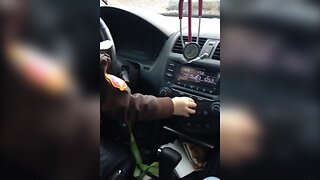 0:35
0:35
AFV
5 years agoLittle Boy Can't Wait to Drive!
1.06K -
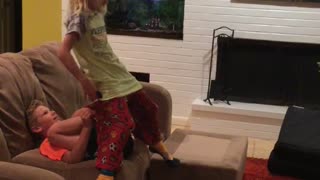 0:05
0:05
DumbGenius
5 years agoLittle boy throws girl across living room
1.02K -
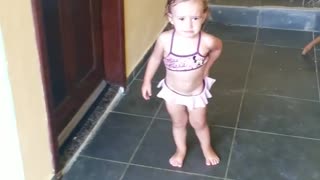 1:00
1:00
ViralHog
5 years ago $0.45 earnedLittle Girl Doesn't Want Mom to Drive
1.51K -
 1:49
1:49
Vonvon_Smalljoys
4 years agoCute little girl lists what she wants from the shops
170 -
 0:35
0:35
yellising
5 years ago $1.92 earnedLittle Girl Can't Say "Tomato" So She Improvises
23.8K -
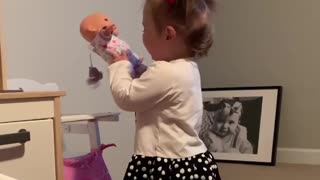 0:36
0:36
christenecampbell
5 years ago $1.65 earnedToddler throws adorably funny temper tantrum
28.2K2 -
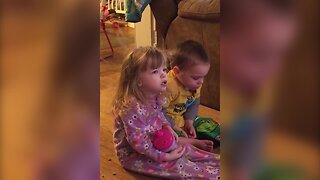 0:35
0:35
AFV
4 years agoLittle Boy Can't Stay Awake
8111 -
 0:23
0:23
emfoga33
4 years ago $4.64 earnedLittle girl discovers she has eyebrows
10.4K4 -
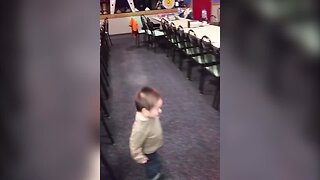 0:35
0:35
AFV
4 years agoCute Little Boy Can't Stop Dancing
15.8K -
 0:43
0:43
prayingfor2lines
5 years ago $7.16 earnedToddler throws tantrum when butter keeps melting
5.25K